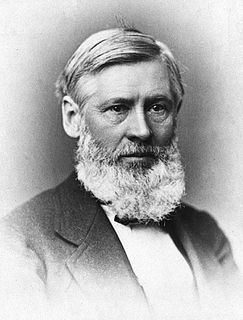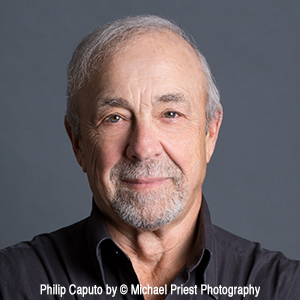A Quote by Timothy Keller
Believers should acknowledge and wrestle with doubts... It is no longer sufficient to hold beliefs just because you inherited them.
Related Quotes
When it comes to controlling human beings there is no better instrument than lies. Because, you see, humans live by beliefs. And beliefs can be manipulated. The power to manipulate beliefs is the only thing that counts ... Who knows what use they’ll make of you? Maybe you’ll help them to persuade people to buy things they don’t need, or hate things they know nothing about, or hold beliefs that make them easy to handle, or doubt the truths that might save them.
Become aware of your beliefs and automatic default settings. Bring them into the light of your present, adult knowledge. Gently acknowledge that they are what they are. Then accept that they constitute what you've believed until now, and that you can transform them into beliefs that allow you to fully express who you really are. Without judgment, patiently begin working to change subconscious and limiting beliefs into true expressions of your authentic self.
Belief is a virus, and once it gets into you, its first order of business is to preserve itself, and the way it preserves itself is to keep you from having any doubts, and the way it keeps you from doubting is to blind you to the way things really are. Evidence contrary to the belief can be staring you straight in the face, and you won't see it... True believers just don't see things the way they are, because if they did, they wouldn't be true believers anymore.
While I think in principle people should not have irrational beliefs, I should say that as a matter of fact, it is people who hold what I regard as completely irrational beliefs who are among the most effective moral actors in the world, in many respects. They're among the worst, but also among the best, even though the moral beliefs are ostensibly the same.

































